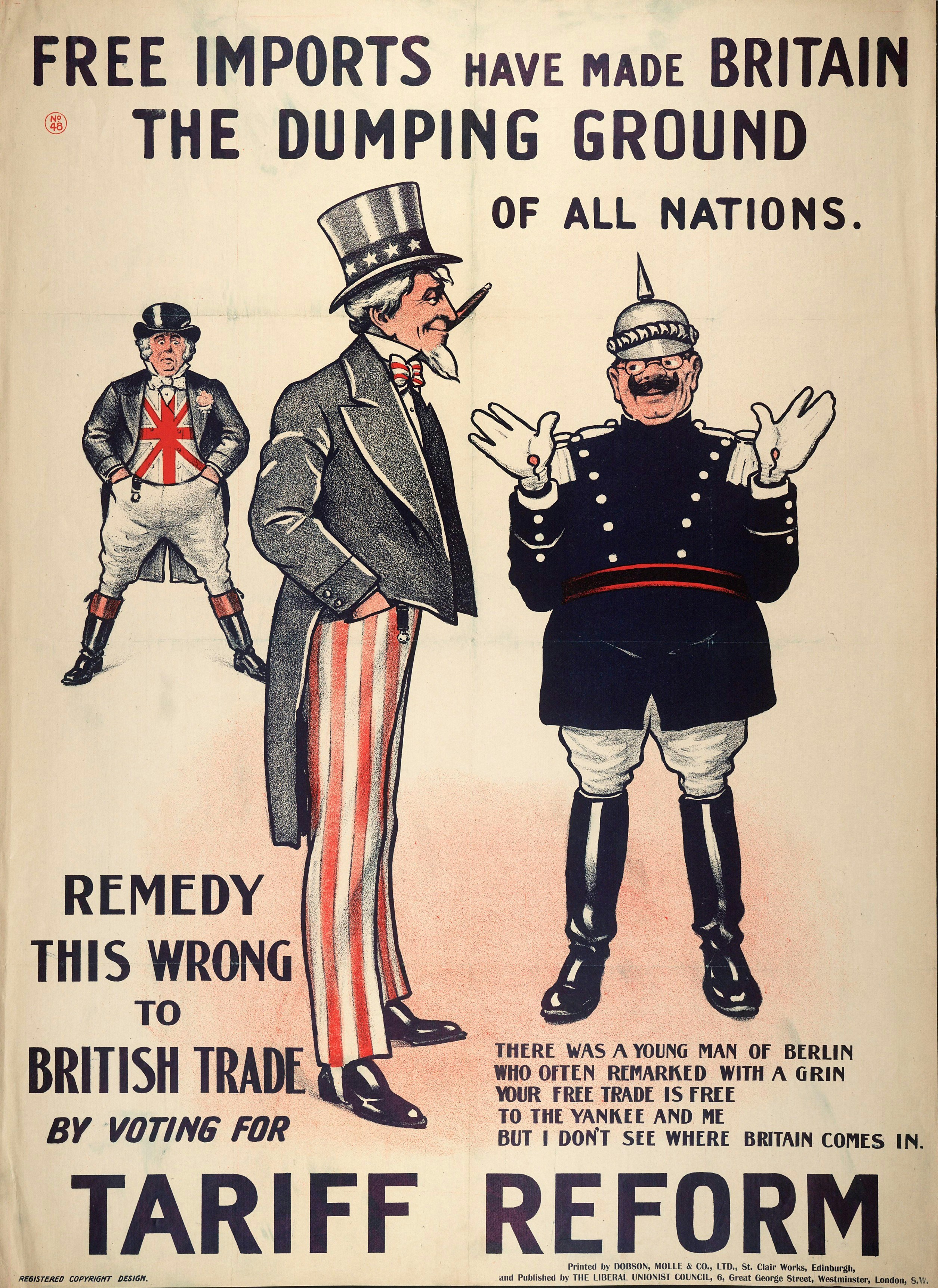
Introduction to Trade Deficits
In recent discussions surrounding international trade, the concept of trade deficits has garnered significant attention. Some argue that trade deficits indicate a failure in economic strategy, while others, including noted economist Jeffrey Sachs, suggest a more nuanced view. Sachs articulates the stance that trade deficits do not equate to the United States being cheated in global trading practices.
Debunking Common Misconceptions
A prevalent misconception is that a trade deficit signals weakness in a country’s economy. Critics often link trade deficits to job losses, but Sachs emphasizes that this perspective overlooks the complexities of modern economies. Economic relationships are influenced by a myriad of factors, including productivity, consumer demand, and technological advancements. Therefore, falling into the trap of oversimplification can lead to misguided policies.
The Broader Economic Picture
According to Sachs, focusing solely on trade deficits can divert attention from crucial economic issues. A trade deficit can be a sign of a robust economy, where consumers are willing to buy more foreign goods. As the U.S. economy grows, it imports more, leading to larger trade deficits. Importantly, Sachs highlights that these dynamics are part of a larger framework of economic health and should not be viewed in isolation.
In conclusion, understanding trade deficits requires a comprehensive approach. By considering the insights of experts like Jeffrey Sachs, we can appreciate the complexity of international trade and avoid falling into simplistic traps. A balanced perspective can inform better policy decisions and enhance economic discourse.
Discover more from Techtales
Subscribe to get the latest posts sent to your email.